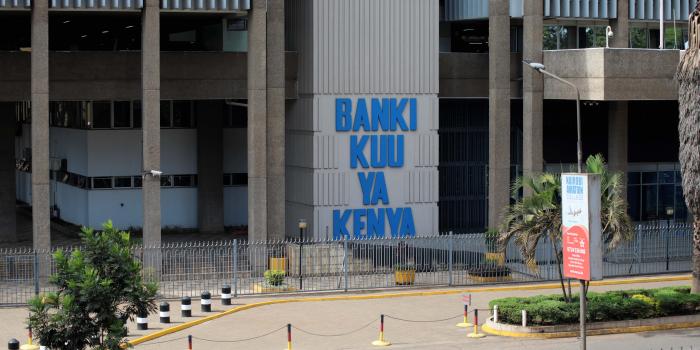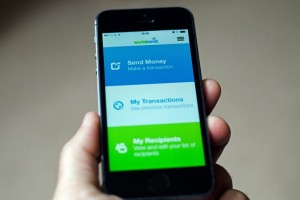We live in an increasingly connected age and there are tons of ways of making money and transacting online. In recognition of this, many governments have taken notice of the opportunities that such transactions present.
In Kenya, the Central Bank has been debating the possibility of the introduction of the Central Bank Digital Currency, aptly abbreviated as (CBDC) for the past few years, a currency that can be exchanged for physical cash.
In this initiative, the Central Bank hopes to bypass traditional banks as it would take the role of keeping track of settlements, transactions, and holdings. Should this be adopted, it will no doubt breathe new life into cross-border transactions and will run side by side along with mobile money.
Read More: Beginner’s guide to Blockchain: Understanding the basics
So at what stage is this CBDC at? Well, the Central Bank is now calling on citizens to bring forth their suggestions on the possibility of the introduction of this new Digital Currency.
“A CBDC could make the financial system safer by allowing individuals, private sector companies, and non-bank financial institutions to settle directly in central bank money, rather than bank deposits,”
said the CBK in the discussion paper.
There is a real danger surrounding this initiative. This CBDC poses a lot of risk for traditional banks as users might opt to deal with the Central Bank directly, thereby circumventing these traditional banks.
As a result, banks might have to raise interest rates on loans, just to break even. In recognition of this, the Central Bank notes that having its own digital currency for retail customers could lead to a migration of deposits from commercial banks to the CBDC.
In other markets that have actively rolled out such initiatives like say The Bahamas, China, and the Eastern Caribbean Currency Union, measures have been put in place to mitigate this. These measures include placing limits on holdings of CBDCs to prevent this expected sudden outflows of bank deposits into digital currencies.
Worth noting is that Kenya is not the first country to dip its does into the whole Digital Currency space.
Read More:
- What Is eNaira? CBN Digital Currency Explained
- eNaira: What to Expect From Nigeria’s Digital Currency and How it Will Work
In Africa countries such as Ghana and Nigeria have already piloted their CBDCs. Kenya, along with South Africa, Rwanda and Tanzania have been conducting research ahead of rolling out their own versions of the same.
It is refreshing to see governments smelling the coffee and trying out these new and upcoming models of handling traditional institutions. This ensures that they evolve with the times, thereby making life in the new digital age a lot more seamless.












